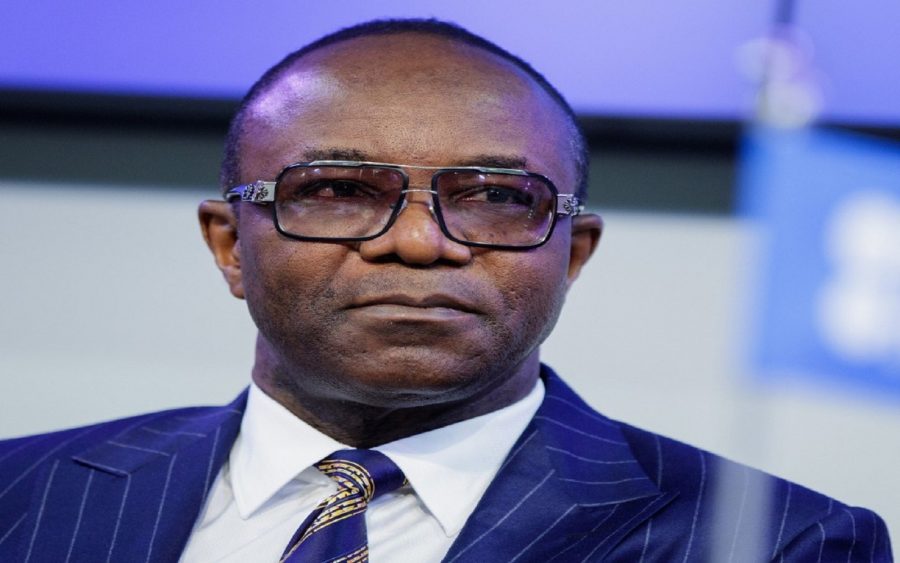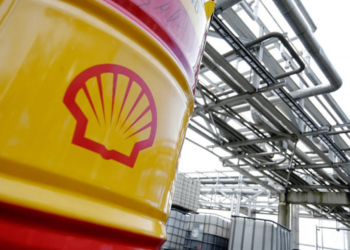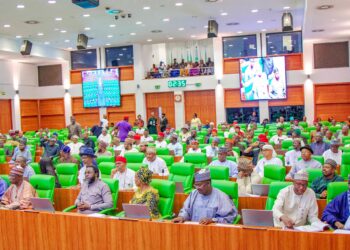The Federal Government has projected about $2 billion would be made from the renewal of oil and gas leases; the Minister of State for Petroleum Resources, Ibe Kachikwu said this at the Nigeria International Petroleum Summit in Abuja, on Wednesday.
Kachikwu who is unaware of the actual number of people willing to renew their oil and gas leases, said the number is between 20 to 30 people, although, licence renewal is not due until the period of 2019 and 2020.
“We projected for the licence renewal probably around $2bn; right now, we are at about $1.2bn, $1.3bn. I don’t have the total number of the people renewing but I’m aware it should be around 20 to 30 renewal.” – Kachikwu
Why is the government fast-tracking licence renewal
Kachikwu stated that the ministry needed to generate revenue for the government, prompted the initiative of early processing. According to the law, a licence can be renewed six months before expiration. Adding that early renewal enables companies to access money from banks for investment.
“We decided to start the process early to generate some revenue for the government. We also look at the terms under which they are renewed; that is all that we are doing” .
Concern over idle oil and gas fields
During a presentation by Total E&P Nigeria Limited and Shell Petroleum Development Company on their deepwater projects, Kachikwu said the Ministry is worried about oil and gas fields that are not operational.
“We will still continue to be worried about a lot of our fields that are lying fallow in the hands of multinationals. As we renew leases, we are going to be looking at how you can do it yourself or we come in to help you to release some of those fields so local players will get a sizeable hold into some of the fields that are not commercial for the majors.
“We have tonnes and tonnes of acreages that are just lying down; nothing can be done about them. They are tied up by legal challenges. We need to sort of open up the fields.”
Meanwhile, Kachikwu urged more local participation, stating that he hopes indigenous operators’ contribution to national oil production would increase to 30 per cent, as local operators currently account for 11 per cent.
























